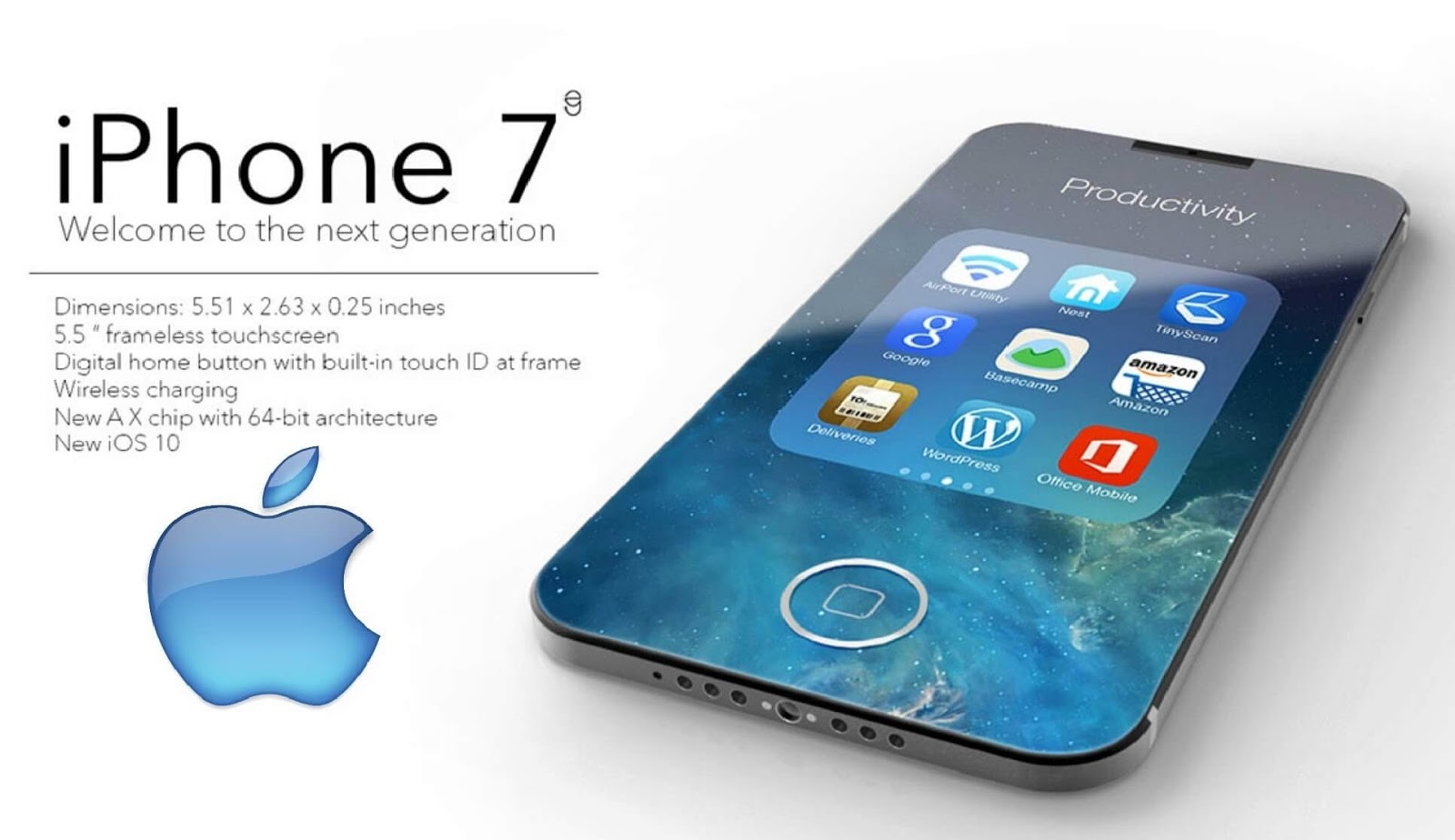The iPhone 7, a landmark device in Apple's line of smartphones, marked a significant evolution in technology and design. Released in the era when mobile phones were rapidly becoming an extension of our daily lives, the iPhone 7 was highly anticipated and scrutinized by both enthusiasts and critics alike. This device introduced various groundbreaking features, paving the way for future innovations in mobile technology.
Fans and tech aficionados eagerly awaited the launch of the iPhone 7, curious about its capabilities and how it would enhance their smartphone experience. The release was not just about the device itself, but also about how it would shape the competitive landscape of smartphones. With a sleek design and improved performance, the iPhone 7 was set to make waves in the tech world.
In this article, we will explore the details surrounding the launch of the iPhone 7, including its release date, features, and impact on the smartphone market. We will also delve into the evolution of the iPhone series and how the iPhone 7 fits into Apple's legacy of innovation.
When Was the iPhone 7 Release?
The iPhone 7 was officially released on September 16, 2016. This marked a significant date for Apple fans worldwide, as they could finally get their hands on the much-anticipated device. Pre-orders began on September 9, 2016, allowing eager customers to secure their units ahead of the official launch.
What Were the Key Features of the iPhone 7?
The iPhone 7 came packed with features that set it apart from its predecessors. Some of the most notable features included:
- Water and Dust Resistance: The iPhone 7 was rated IP67, meaning it was resistant to both dust and water, a significant improvement over earlier models.
- Improved Camera: The device boasted a 12-megapixel rear camera with optical image stabilization, enabling users to capture stunning photos even in low-light conditions.
- A10 Fusion Chip: The iPhone 7 was powered by Apple's A10 Fusion chip, which provided faster processing speeds and better graphics performance.
- Removal of the Headphone Jack: One of the most controversial changes was the removal of the 3.5mm headphone jack, pushing users towards wireless audio solutions.
How Did the iPhone 7 Impact the Smartphone Market?
The release of the iPhone 7 had a profound impact on the smartphone market. It set new standards for design and functionality, prompting competitors to enhance their offerings. The removal of the headphone jack, in particular, stirred debates and influenced other manufacturers to follow suit, leading to a surge in wireless audio technology.
What Were the Customer Reactions?
Customer reactions to the iPhone 7 were mixed. While many praised its sleek design and performance, others were critical of the headphone jack removal. Some of the notable reactions included:
- Positive Feedback: Many users appreciated the improved camera capabilities, battery life, and overall performance.
- Negative Feedback: The removal of the headphone jack led to frustration among users who preferred traditional wired headphones.
What Other Models Were Released Alongside the iPhone 7?
Alongside the iPhone 7, Apple also introduced the iPhone 7 Plus, which featured a larger screen and a dual-camera system. This model attracted photographers and enthusiasts looking for a more advanced camera experience. The introduction of both models allowed Apple to cater to a wider audience, offering choices based on user preferences.
What Innovations Followed the iPhone 7?
The iPhone 7 set the stage for subsequent innovations in mobile technology. Following its release, Apple continued to refine its design and functionality in future models. Some innovations that followed included:
- Wireless Charging: Introduced in later models, this feature gained popularity and became a standard expectation in smartphones.
- Enhanced Camera Technology: Apple continued to improve camera capabilities, incorporating advanced features like Portrait Mode and Night Mode.
What Are Some Alternatives to the iPhone 7?
While the iPhone 7 was a popular choice, several alternatives were available on the market at the time. Some notable competitors included:
- Samsung Galaxy S7: Known for its vibrant display and strong camera performance.
- Google Pixel: Praised for its stock Android experience and exceptional camera capabilities.
How Did the iPhone 7 Shape Apple's Future?
The iPhone 7 played a crucial role in shaping Apple's future direction. It influenced the design ethos and technological advancements that would define subsequent iPhone models. The lessons learned from the iPhone 7's release and customer feedback guided Apple in creating devices that better met consumer needs and expectations.
What Legacy Did the iPhone 7 Leave Behind?
The iPhone 7 left a lasting legacy in the smartphone industry. It not only represented a leap in technology but also sparked conversations about the future of mobile devices. The impact of its features, design choices, and customer reactions can still be felt in the smartphones that followed.
In conclusion, the release of the iPhone 7 on September 16, 2016, marked a pivotal moment in Apple's history and the broader smartphone landscape. With its innovative features and design, it continues to influence the way we interact with technology today. The discussions surrounding the iPhone 7, both positive and negative, helped shape the future of mobile devices and set the stage for the innovations that would follow.


